Toward the start of 2022 global economy was recuperating from the pandemic. The Russian attack on Ukraine prompted supply chain disturbances, product costs cresting to new highs, and international strains. The Chinese government’s Zero-Covid strategy of severe lockdowns to contain flare-ups affected the global economy further. Countries exacting sanctions on Russia had crumbled the global economic viewpoint, with growing economies expecting a sheer meltdown.
Hence, with the global inflation rate showing no catering sign, we might experience another recession in the making very shortly.
Now, an economic recession can be both a threat and an opportunity for a brand, depending on how they respond to it. On one hand, a recession can lead to a decrease in consumer spending and therefore, a decrease in revenue for the brand. This can be a major threat to the brand’s financial stability and long-term success. On the other hand, a recession can also present opportunities for the brand to stand out in a crowded market and potentially increase its market share.
During a recession, many brands may be tempted to cut their marketing budget in order to save money. However, this can be a mistake as it can lead to a decrease in brand awareness and customer loyalty. Instead, brands should consider shifting their marketing strategy and focusing on more cost-effective tactics such as digital marketing and social media.
Read more: TikTok- An Entertainment Platform In The Veil of A Social Media
One opportunity for brands during a recession is to focus on value. Consumers may be more cautious about their spending and more likely to choose brands that offer the best value for their money. Brands can differentiate themselves by highlighting the value of their products or services and showing how they can meet the needs of their customers in a more affordable way.
Another opportunity for brands during a recession is to focus on customer loyalty. With fewer consumers spending money, it is more important than ever to retain the customers that the brand already has. Brands can do this by offering excellent customer service, providing value through loyalty programs, and being responsive to customer needs.
Here’s how Starbucks won the mighty 2008 recession by focusing on customers
In the 2008 recession, Starbucks might have been a breathtaking brand fizzle. Nonetheless, smart pivoting of its marketing strategy at a significant time made it a brand to be recalled. During the economic slump, Starbucks was attempting to get by, by shutting down many stores and terminating large numbers of workers. Customers were getting some distance from the coffee lord, whose product pricing was more costly than other cafés. Be that as it may, in mid-2008, Starbucks changed its CEO, and with it came an unexpected — and lifesaving — change of concentration: "away from administration and back to customers." The brand began transforming its stores into inviting hubs and sent off another campaign called "My Starbucks Idea," an online portal where customers could make a profile and contribute ideas about what they needed from the Starbucks experience. This provided customers with an immediate line of correspondence with the brand, assisting Starbucks with building a fan base and a local area-driven experience that attracted individuals. Compounded with a functioning social media marketing strategy, Starbucks changed its image insight from "costly and disconnected" to "cool, mindful, and esteemed." Customers and local area centers — these are the human qualities that will endure even the most troublesome emergency.
In addition to shifting their marketing strategy, brands can also look for ways to cut costs and increase efficiency. This can involve streamlining processes, reducing waste, and finding new suppliers. By finding ways to reduce costs, brands can better weather the economic downturn and emerge stronger once the recession ends.
Having explained the above, another key advantage for a brand with the capacity to spending budget in brand building activity or even strong PRs puts them in a driving seat of creating a valuable customer base with a strong mind space. Why? Because majority won’t be spending big in fear of a major economic turmoil and that’s the opportunity a bold brand with vision will never miss.
Ultimately, whether a recession is a threat or an opportunity for a brand depends on how the brand responds to it. Brands that are proactive and adaptable, and that focus on value and customer loyalty, will be more likely to thrive during a recession. Those that are slow to react and continue with business as usual may struggle. It is important for brands to carefully consider their options and make strategic decisions in order to emerge from a recession in a strong position.
For more updates, be with Markedium.







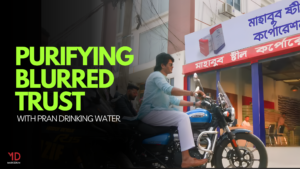

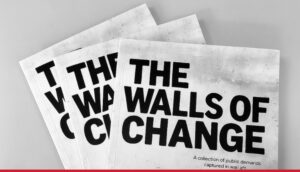















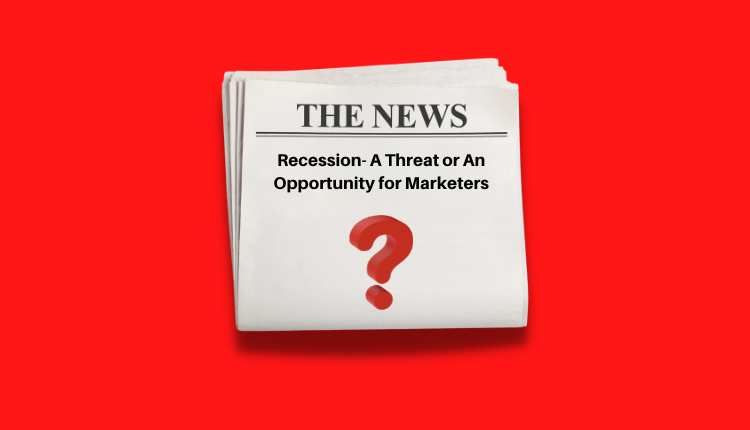









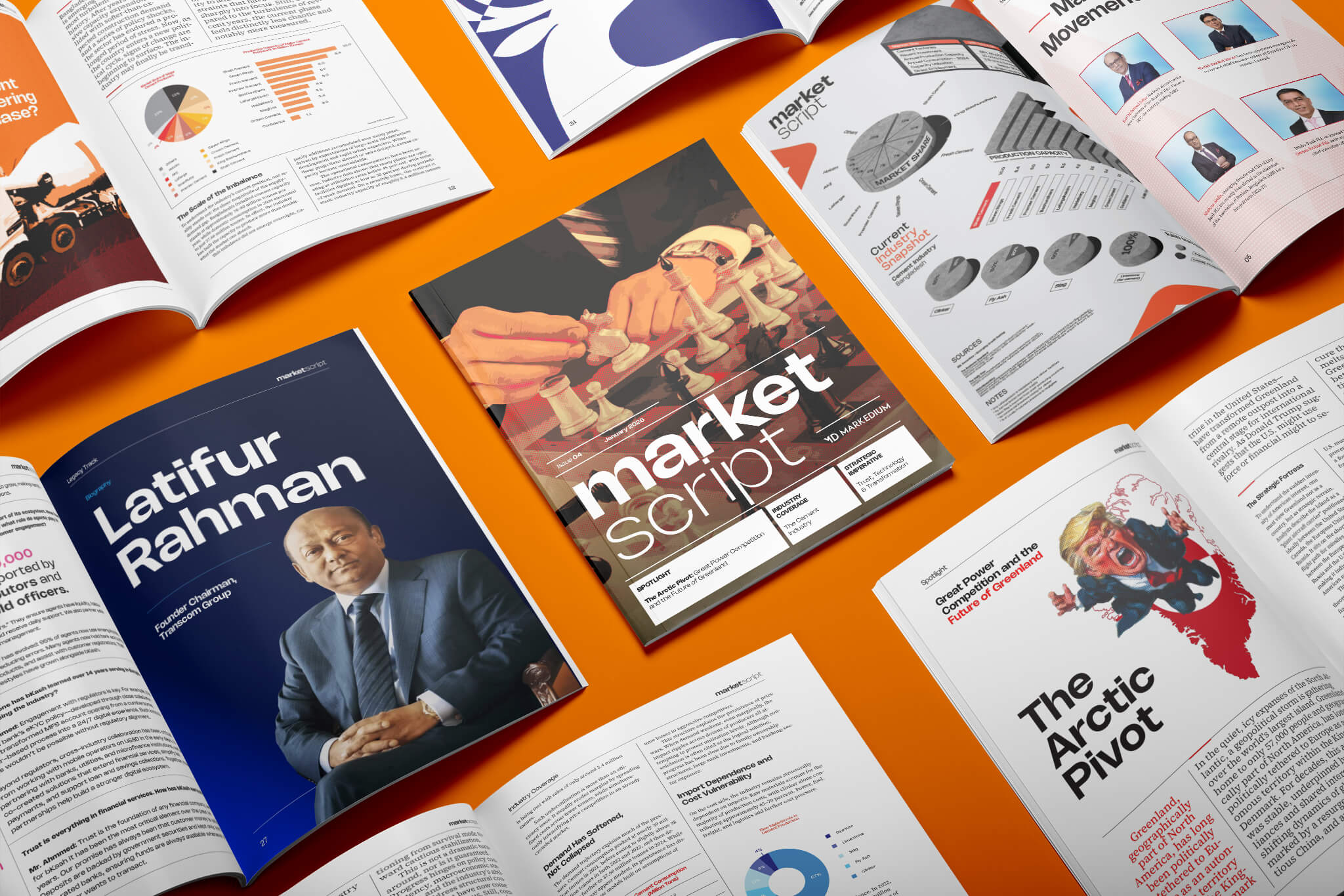



Leave a comment